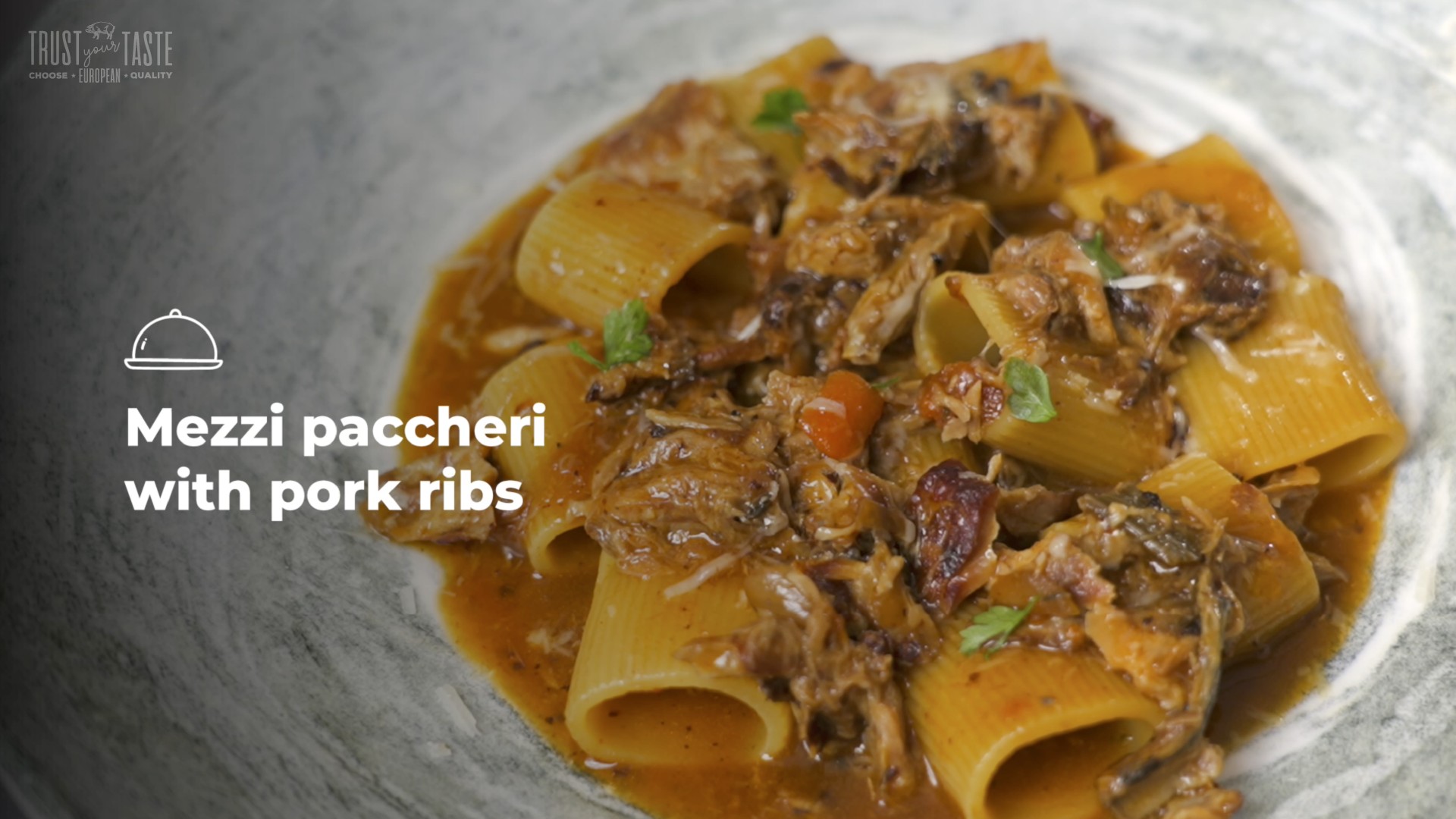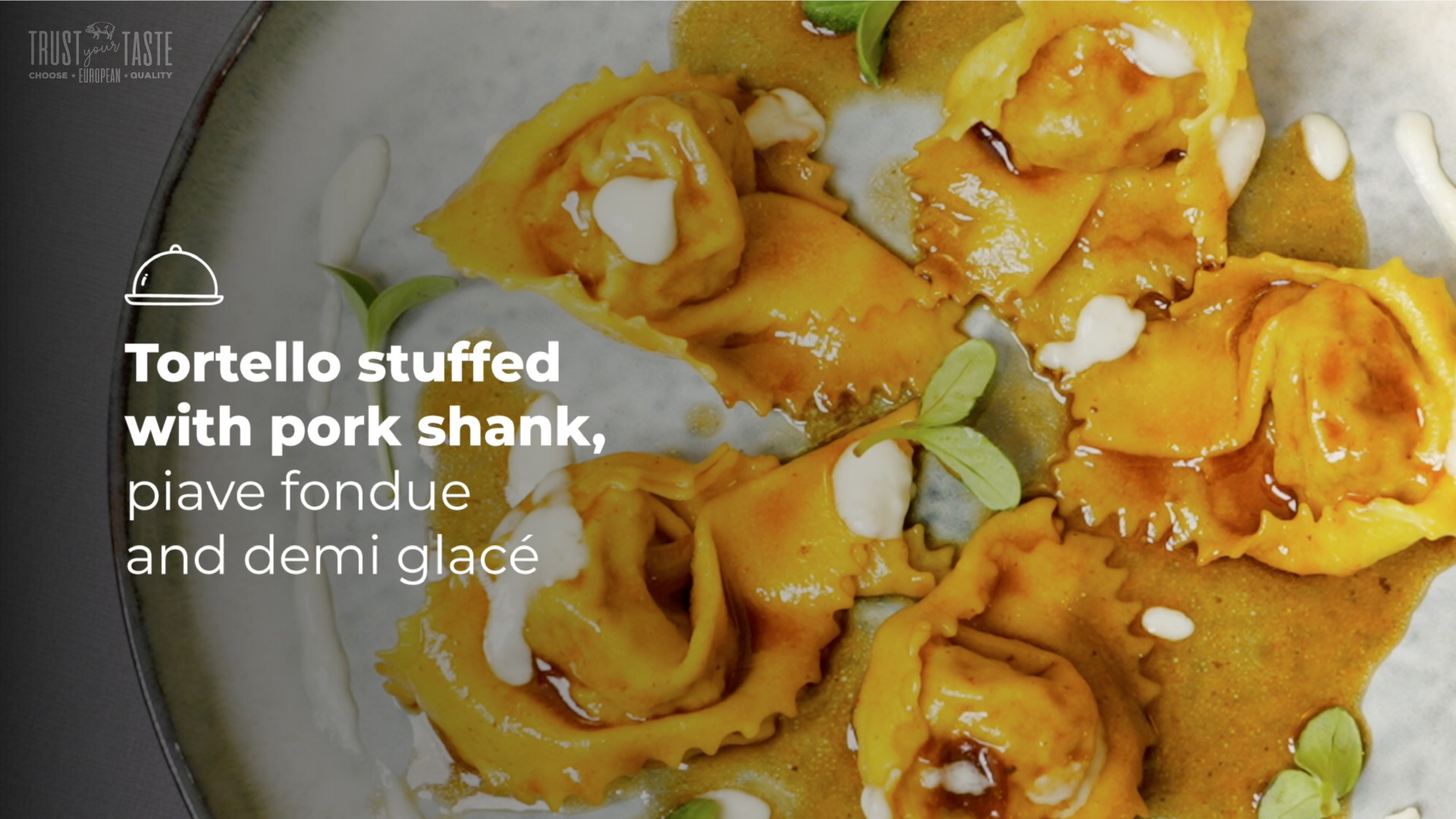
“TEST-TUBE MEAT’: AN ESSAY TO SEE THE LIGHT
‘Artificial meat? No, thanks!”. With this decisive and direct title, Gilles Luneau, a French journalist, essayist and filmmaker, an expert on globalisation and agri-food issues, summarises in a book (Castelvecchi editore, 2021) the conclusions of his recent research and reflections on the potential criticalities linked to the production of synthetic proteins. His latest book is in fact a well-documented investigation into the synthetic food lobbies, the origin and development of which he reconstructs, starting precisely from the initiative of a group of entrepreneurs who, in California, are trying to realise alternative products to meat.
‘I believe it is important to weigh words,’ said Luneau at a recent book presentation organised by Eunews, ‘because they influence thinking. We cannot properly use the term ‘meat’ when we refer to laboratory products, which are not derived from dead animals. They are surrogates, made from plant proteins. We are not even talking about plants, however, because we are considering substances artificially produced through genetic modification. Plant-based meat is an ultra-transformed food, a far cry from authenticity, and even further from the sustainability it promotes’.
Processing of plant-based proteins and in vitro cultivation of animal cells. These are the strategic axes on which the engine of the ‘test-tube food lobby’ – as the author himself defines it – is moving, fuelled and sustained by economic interest. “It must be emphasised,” the author goes on to point out, “that cell culture interventions go back much further in time; they are not a true scientific innovation, but rather the technological application of already known concepts. Ever since research into lab-grown meat began, there has been specific, targeted, massive and alarming funding. It is crucial, however, to move away from the idea of conspiracy by vegan, transhumanist or anti-speciesist groups. What is at stake here is the will of big business actors, acting for their own interests. As of 2020, there are 800 companies producing alternative meats from plant proteins. 90 are working on in-vitro cells, and have also started public tastings. The target market is not so much Latin cultures, which have a strong gastronomic culture, but rather countries like the USA, China or India’.
In his examination of the selected arguments, Gilles Luneau also delves into the concerns related to the potential anthropological damage of such a food revolution. Humanity has in fact, since prehistoric times, rested its cornerstones not only on food as a source of nourishment, but also as a crucial work activity; agriculture and animal husbandry are probably the most crystal-clear and authentic examples of this.
For more: Gilles Luneau ‘Artificial Meat? No, thanks’, Castelvecchi editore, Series: Nodi, 2021





